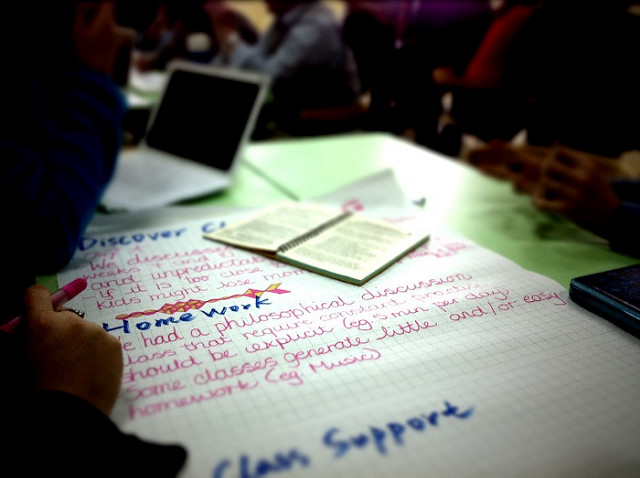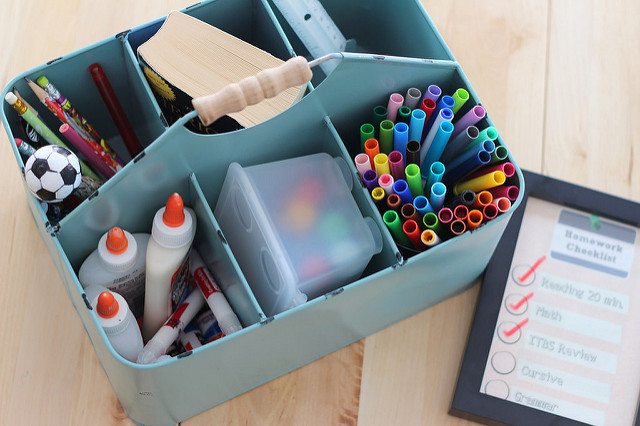
An elementary school in South Burlington, Vermont, has announced that they will no longer be assigning homework to students.
“It’s true,” confirmed principal Mark Trifilio. “We just went to being a homework-free school this year.”
This year, students at the Orchard Elementary School in South Burlington will not receive homework from their teachers. The decision was announced in a newsletter sent to the parents of nearly 400 students, ranging from pre-kindergarten to fifth grade.
“What is the purpose of homework?” asks Trifilio. “There is little or no research that supports any kind of academic achievement with [it].”

Teachers at the school voted to ban homework during a training session, shortly before the school opened; the vote was approved by Trifilio shortly after. Children at the school are now being encouraged to spend their evenings playing outside, pursuing their passions and enjoying time with their families.
As part of the newsletter to parents, Trifilio took the opportunity to encourage parents to replace homework with other activities, such as “eating dinner as a family, reading together, playing outside, and getting your child to bed early.”
Over the past few decades, the benefits of issuing school children homework has been questioned by schools, critics and education officials worldwide. Over the years, mounting research has supported the theory that homework has a counterproductive effect, often inducing stress and anxiety on lower achieving students, while boring higher achieving students.
A 2002 study showed a direct link between time spent completing homework and increased anxiety, depression, anger, and other mood disturbances among students. In addition to increased stress, an analysis of the academic achievements of children worldwide suggest that the issue of homework does not directly relate to higher academic success.

The databases of Trends in Mathematics and Science Study (TIMSS) indicate homework is not necessarily associated with high national levels of academic achievement. In the Netherlands, for example, fourth graders reported doing no homework on an average school night. Despite the lack of homework, fourth graders in the country put the Netherlands in the top 10, in terms of average math scores, in 2007.
In comparison, a 2015 study published in The American Journal of Family Therapy, found that American elementary students – including those in kindergarten – were receiving more homework than was recommended by the National Education Association and the National Parent-Teacher Association. In 2012, an analysis of student performance on the Programme for International Student Assessment (PISA), placed the U.S. 27th out of 34 countries, in math performance.
South Burlington is home to a total of three elementary schools; however, so far, Orchard Elementary School is the only school in the area to adopt a policy banning homework.
Image: Flickr, Bertram Nudelbach (CC BY-SA 2.0)
You want to support Anonymous Independent & Investigative News? Please, follow us on Twitter: Follow @AnonymousNewsHQ
This article (Elementary School in Vermont Bans Homework) is a free and open source. You have permission to republish this article under a Creative Commons license with attribution to the author and AnonHQ.com.





Seems like a ploy to save some money on paper cost for underfunded schools, but in all honesty I don’t know if it will have a positive effect on academia or not.
The New World Order assholes don’t want the kids to be doing any thinking, they want them to keep their attention focused on the brainwash apparatus (i.e. TV, movies, computer games, etc.) so as to make obedient little robots out of them all. This particular stupidity event in Vermont is no doubt a trial run to see how far the bewildered herd can be pushed, and how soon.